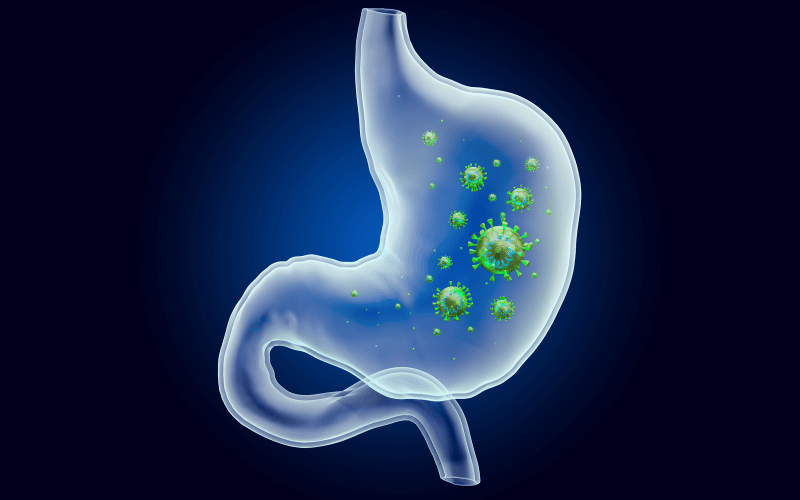Fact 6: Duration and Recovery

Gastroenteritis, while distressing, isn’t usually a long-term visitor. Understanding its typical duration and the recovery arc can provide much-needed reassurance during this challenging time.
The duration of gastroenteritis largely hinges on its cause. Viral forms, like those triggered by rotavirus or norovirus, typically last anywhere from a few days to a week. Bacterial forms can be a bit more tenacious, sometimes extending beyond a week. It’s crucial to track symptoms and seek medical advice if they persist beyond the expected timeframe.
The initial 24 to 48 hours usually mark the most intense symptom phase. As days progress, a decline in the frequency of diarrhea and vomiting episodes should be noticeable. Appetite might begin to return, and energy levels might see an uptick. These are promising signs, indicating that the body is on a recovery trajectory.
While the body does its healing magic, caregivers can provide supportive care to smooth the recovery curve. This involves ensuring ample fluid intake, providing a conducive diet, and ensuring the child gets plenty of rest. Sometimes, over-the-counter medications might be recommended by healthcare professionals to alleviate symptoms.
Persistent symptoms, particularly in very young children or those with underlying health conditions, warrant medical attention. Signs of severe dehydration, high fever, bloody stools, or uncontrolled vomiting should be immediate red flags. In such cases, a trip to the doctor or emergency room becomes essential.
Once the storm has passed, it’s important to focus on rebuilding and fortifying the child’s health. Probiotics can be beneficial, helping to restore gut flora balance. A balanced diet, coupled with good hygiene practices, can also serve as a protective shield against future episodes. (6)